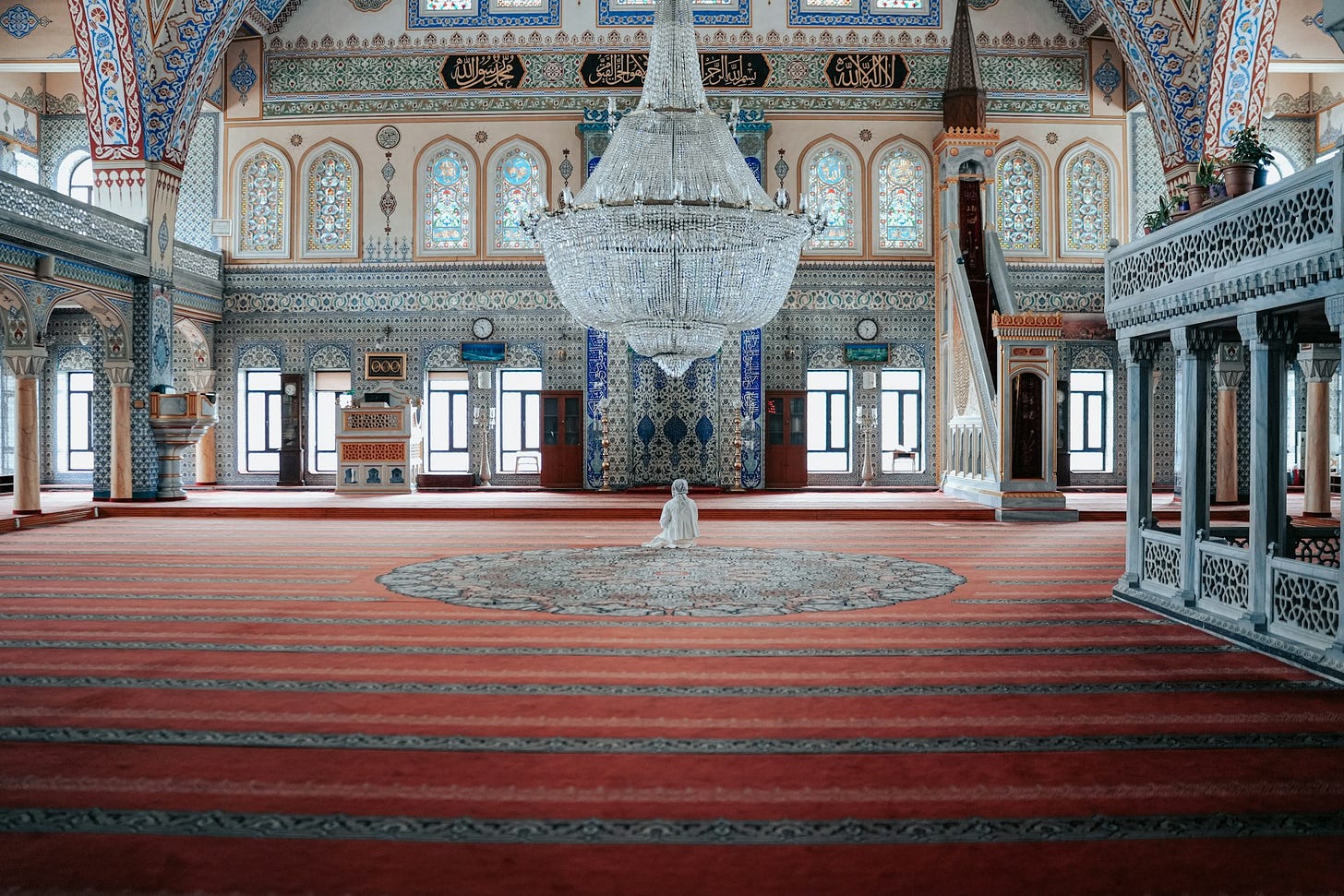How often are women mentioned in the Quran? A possible reframing.
Excerpt from my essay 'Women in the Quran'
It is assumed that men are spoken about with greater frequency than women in the Quran. There are different ways to think about and calculate whether or not this assumption is true. Does every mention of Musa, peace to him, count as a mention of a man in the Quran? Or do we count the mention of each man once, no matter how many times he is mentioned? I’m not sure there is a right answer, but if every mention of Musa, peace to him, counts as a mention of a man, we can easily surmise that men are discussed more frequently. Any reader of the Quran would likely estimate that the most frequently mentioned group in the Quran are prophets; thus, by that measure alone, men are overwhelmingly mentioned more often than women. But is that a fair way to compare?
When we talk about women in the Quran we are inherently discussing non-prophets. So I pose an alternative to thinking about the frequency of men vs women in the Quran: to exclude prophets. Why exclude prophets? Of course, the prophets are all men but they are a special category of men especially when considering their role in any given society. This small group of men —small in that they are a small percentage of all men, are sent to their societies —men and women alike, to offer guidance. These men and women —the receptors of said guidance, either reject or accept. The idea of removing outliers to better understand what’s going on isn’t novel, to use a less controversial example, if you have 5 students in a class and one of them is a Teacher’s assistant and another is your niece sitting in on the class but not enrolled as an official student you may not always include them in your assessment of the class. For example, if the only students that show up to class one day is your TA and your niece you may find yourself saying, “No one showed up” despite their presence.
So prophets are men, yes, but because of their exceptionality, it could be an excuse to remove them from a general discussion of men and women in the Quran. I’ve posed this question to myself and others, If you exclude prophets, who is mentioned more in the Quran —men or women? Is one overwhelmingly more mentioned or is it more equitable? This is just a question of perception, and I think at the very least if we consider only the mention of non-prophets the Quran’s discussion of men and women appears more equitable. And Allah knows best.
_____
About me: Writer, researcher, and public speaker interested in issues around gender, human development, technology, and faith. Support our work by becoming a paid subscriber.
____
Social Media: Instagram Telegram
Books: 40 Hadith of Aisha Islam and Homosexuality Children’s Books
Bookings: https://forms.gle/bcNSid1ekgvx5pET9



